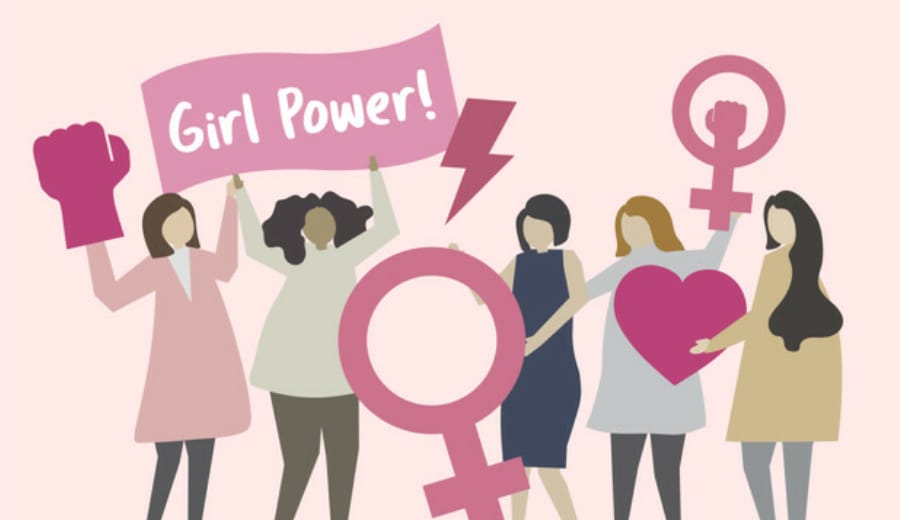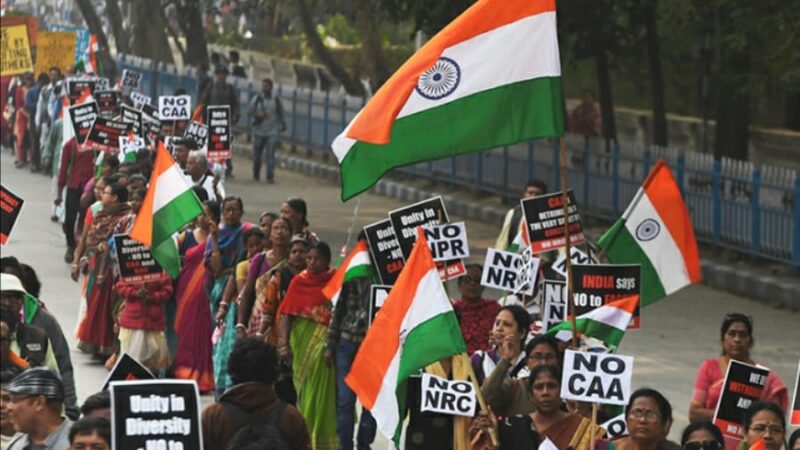Women Power: The Women and the Power

As India is about to celebrate International Women’s Day on 8 of March this week; it’s boggling to see such a less number of women with power. ‘Women in politics’, whenever one hear these words, only few names of highly powerful women politicians crosses his mind while the term male politicians brings a never ending series of names.
Even though the women leaders that flash in our minds are at topmost positions, being extremely powerful and influential yet this fact remains that they are in minority. “Women representation in the Lok Sabha accounts to 10.8 percent whereas it is 10.3 percent in the Rajya Sabha. The statistics collected by Inter-Parliamentary Union (IPU), an international group striving to promote democracy, peace and cooperation in politics reveals India ranks 98 in the participation of women in politics.India, the world’s largest democracy, has now only 59 women representatives out of 545 members in Lok Sabha, while there are 25 female MPs in the 242-member Rajya Sabha.”
Though the law provides that one-third of judiciary bodies should comprise of women, but this criterion is hardly met. Even the big and powerful political parties have only 7 to 8 percent of women members. The question is why? Is it because women politicians are incapable? Or are there competencies being underestimated?
One thing absolutely clear is that women politicians are not inferior to anyone. Indira Gandhi is a perfect example of it. Women politicians may differ in their working style but their capabilities are unquestionable. Then why is it that they still come in minority in this field? Why don’t they join politics or why aren’t they given a role of importance?
With few exceptions, the women politicians that are part of parties are hardly given opportunities to participate in vital decision making. Despite them being in minority, they are forced to take the front stage at the time of elections to showcase that equality prevails whereas the reality is, it certainly does not!
Female leaders are mostly handed over so called their area of expertise – the “womanly” issues like dowry, rape or the basic problems of a housewife, price rise etc. This role is not just imposed on them but it is also happily accepted by them. They don’t question it or try to change it, continuing with it the traditional way.
Female politicians are ready to stand in elections but with the tag of ‘bahus’. They are willing to have their promotional hoardings but with their ‘pallu’ intact. They go door to door for campaigning and ask people to vote for their ‘beti’. They still have their campaigns as the ‘messiah’ of the housewives. The question is not of staying with the tradition and stepping ahead with it, it is about losing your individuality and being identified as someone else.
Women are crucial to run a nation. The point is that they should just not quantify their participation, which they definitely should, but also make their roles broader and deeper. We are not just a ‘bahu’, ‘beti’ or a housewife but leaders of tomorrow!
———— About the Author: This article is contributed by Ashwarya Bhardwaj, our intern.






